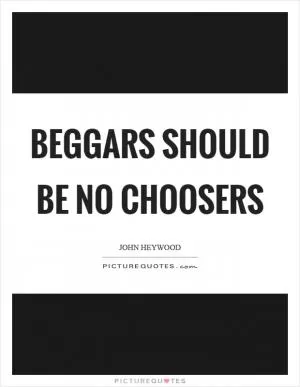Praie and shifte eche one for him selfe, as he can. Euery man for him selfe, and God for us all

Praie and shifte eche one for him selfe, as he can. Euery man for him selfe, and God for us all
John Heywood was a prominent English playwright and poet during the Tudor period, known for his witty and satirical works. One of his most famous works is "The Proverbs of John Heywood," a collection of short, pithy sayings that often contain moral lessons or observations about human nature. One such proverb is "Praie and shifte eche one for him selfe, as he can. Euery man for him selfe, and God for us all."This proverb encapsulates the idea of self-reliance and individual responsibility. Heywood is suggesting that in times of difficulty or hardship, each person should rely on themselves to find a solution or a way out. It emphasizes the importance of self-sufficiency and the idea that ultimately, each person is responsible for their own well-being.
The second part of the proverb, "Every man for himself, and God for us all," adds a spiritual dimension to the idea of self-reliance. It suggests that while individuals should take care of themselves and look out for their own interests, they should also trust in a higher power to guide and protect them. This reflects Heywood's Christian beliefs and the idea that ultimately, God is the ultimate source of strength and support.












 Friendship Quotes
Friendship Quotes Love Quotes
Love Quotes Life Quotes
Life Quotes Funny Quotes
Funny Quotes Motivational Quotes
Motivational Quotes Inspirational Quotes
Inspirational Quotes